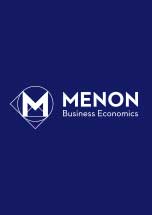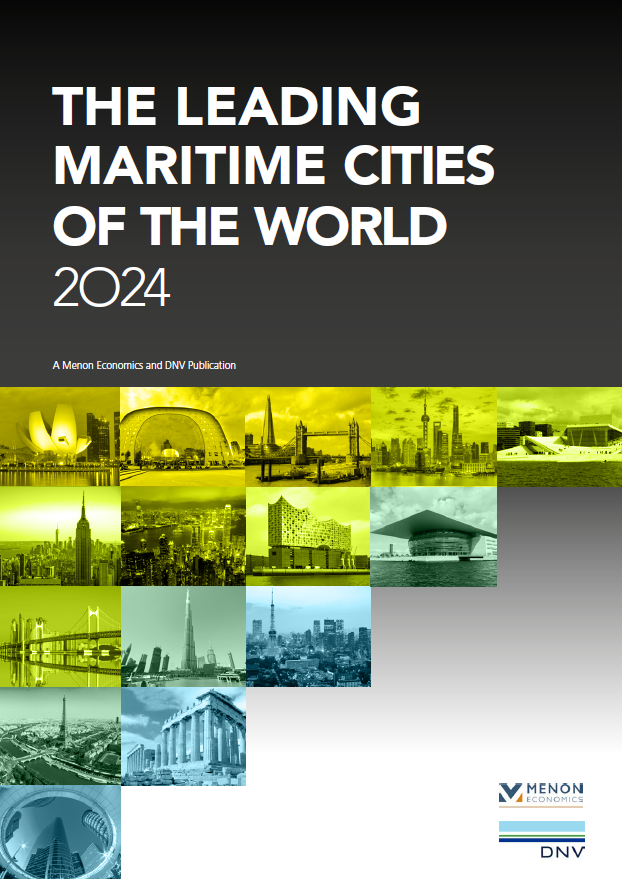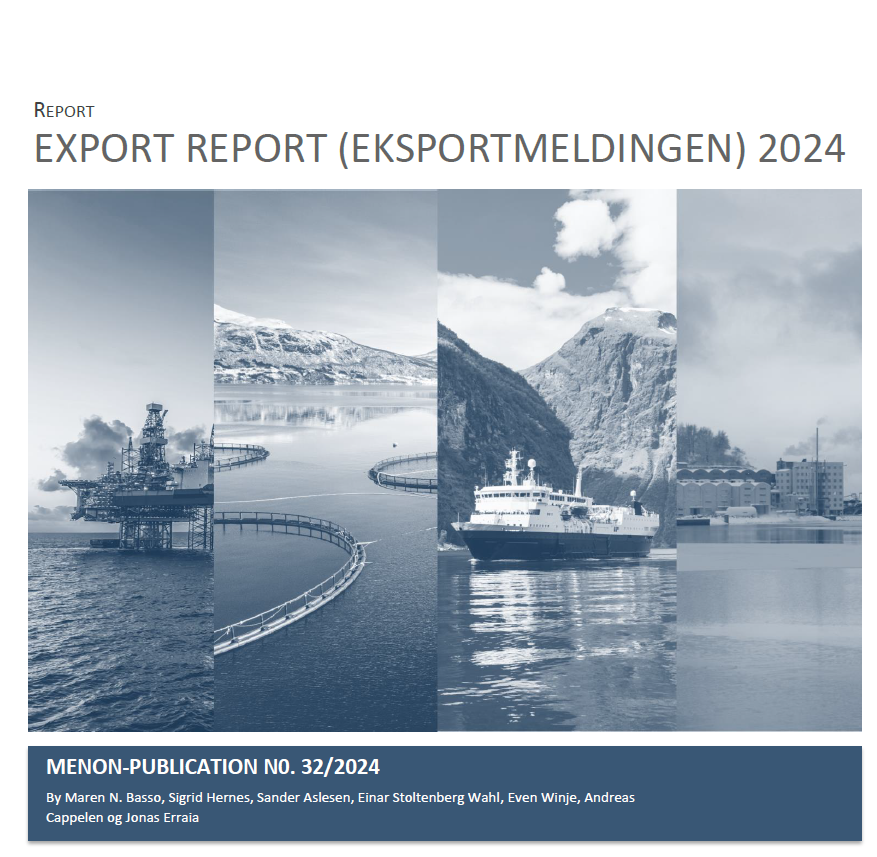LAST 10 PUBLICATIONS
Taxation of aquaculture in Iceland – follow up report
This report is conducted by Menon Economics on request by Fisheries Iceland (SFS). The objective is to deepen the understanding of how the recently proposed tax system reform in Iceland will affect the aquaculture industry. The analytical framework and technical models used in this report rests extensively on an analysis we conducted in December 2023 (Menon-report 8/2024 Taxation of Aquaculture in Iceland). This report can be seen as an extension of the work summarized in the former report.
Taxation of aquaculture in Iceland
This report is conducted by Menon Economics on request by Fisheries Iceland (SFS). The objective is to deepen the understanding of how the recently proposed tax system reform in Iceland will affect the aquaculture industry, both in terms of revenues, value added and international competitiveness. The report presents a model that allows the reader to compare how the proposed tax structure affects the industry comparing the effects of alternatively applying the existing (current) tax structure in Iceland, a Norwegian tax model and the tax model of the Faroe Islands. The study considers all relevant aspects of the tax systems in each country, allowing comparisons to be as complete as possible.
Scaling Floating Offshore Wind – How a two-stage allocation process for European floating offshore wind can contribute to accelerating innovation and value chain development
On behalf of Renewables Norway, Menon has written a white paper on the role of floating offshore wind in the European transition, the main barriers facing the industry at its current stage, and how support mechanisms need to be designed in order to address these barriers.
The Leading Maritime Cities of the World 2024
The LMC report is a collaborative effort between Menon Economics and the classification society DNV. More than 15,000 cities are benchmarked on 45 different indicators. 190 maritime experts from all over the world have contributed with their subjective assessments of the cities. For the 2024 report, we have refined our objective and subjective indicators by incorporating recent key trends in the sector, such as the green transition. As before, we benchmark each maritime city based on five key pillars:
- Shipping centres
- Maritime Finance & Law
- Maritime Technology
- Ports & Logistics
- Attractiveness & Competitiveness
Singapore has a strong performance across the five pillars and keeps its number one spot overall, followed by Rotterdam, London, Shanghai and Oslo.
Author(s): Erik W. Jakobsen, Maren Nygård Basso, Sophie Emilie Sundt, Lars Martin Haugland, M. Sharin Osman, Benjamin Dineshkar
Download
English
2024
Erik W. Jakobsen, Maren Nygård Basso, Sophie Emilie Sundt, Lars Martin Haugland, M. Sharin Osman, Benjamin Dineshkar
Export report – Executive summary
Menon has for the fourth consecutive year developed a knowledge base about Norwegian exports, namely the Export Report 2024. The discussion about Norwegian export often suffers from misunderstandings. This relates to how much Norway exports, who we export to and why export is so important for Norway and the Norwegian economy. The Export Report aims to create a factual, objective, and analytical foundation to contribute to a fact-based Norwegian export debate. We do this by reviewing how the development of Norwegian exports has been since 2000, what we export, who we export to, and which Norwegian regions that export the most.
In this year’s report, we have three different special topics. The first is Norway’s green export today and the export opportunities that exist. The second highlights the importance of Norwegian service exports, and the third focuses on the significance of cornerstone companies. In addition, in this year’s report, we have updated the key performance indicators (KPIs) we developed in last year’s report, to further assess the effect of the national export initiative.
Author(s): Maren Nygård Basso, Sigrid Hernes, Sander Aslesen, Einar Stoltenberg Wahl, Even Winje, Andreas Cappelen, Jonas Erraia
Download
English
2024
Maren Nygård Basso, Sigrid Hernes, Sander Aslesen, Einar Stoltenberg Wahl, Even Winje, Andreas Cappelen, Jonas Erraia
Evaluation of synthetic grids in calculation of power distance
On behalf of the Norwegian Energy Regulatory Authority (NVE-RME), Menon Economics has evaluated the use of synthetic grids as a basis for calculating power distance as a new task variable in the income regulation.
Author(s): Kristoffer Midttømme, Even Winje, Trygve Leithe Svalheim, Sebastian Winther-Larsen, Jonas Berg, Inger Nielsen Hole, Piotr Spiewanowski
Download
English
2023
Kristoffer Midttømme, Even Winje, Trygve Leithe Svalheim, Sebastian Winther-Larsen, Jonas Berg, Inger Nielsen Hole, Piotr Spiewanowski
Cluster mechanisms in the health industry
On behalf of the Norwegian Directorate for e-Health, Menon Economics has mapped and described the cluster characteristics of the health industry in Norway, with specific focus on e-health. The purpose is to identify how the authorities can establish, or adapt existing, structural framework conditions and other measures to enhance the health industry’s innovation and competitiveness.
Economic analysis of the Norwegian maritime industry 2023
This report is conducted on behalf of Norsk Industri. It presents key economic numbers and performance indicators for the manufacturing part of the maritime industry, i.e.. shipyards, ship equipment producers and maritime technological services.
Skills needed in the norwegian offshore wind industry towards 2035
On behalf of Norwegian Offshore Wind and Tekna, Menon Economics has conducted a study related to the skills needed in the offshore wind industry. The aim of the assignment was to identify whether there is a gap between the skills that are in demand and the educational offerings, and further to assess how the potential gap can be addressed.
Effect of ownership types – an analysis of employee-owned companies and cooperatives
On behalf of the Finance Sector Union of Norway (Finansforbundet) and The Norwegian Co-operative Organiasation (Samvirkene), Menon Economics has analysed the economic significance of different ownership types. This includes both an economic mapping of the size of employee ownership and cooperatives in Norway, and an analysis of whether different ownership structures matter for economic performance.










